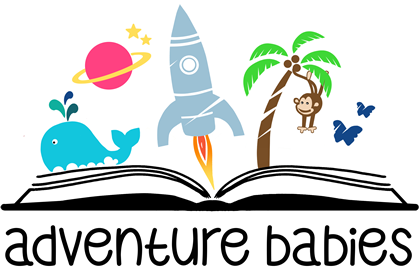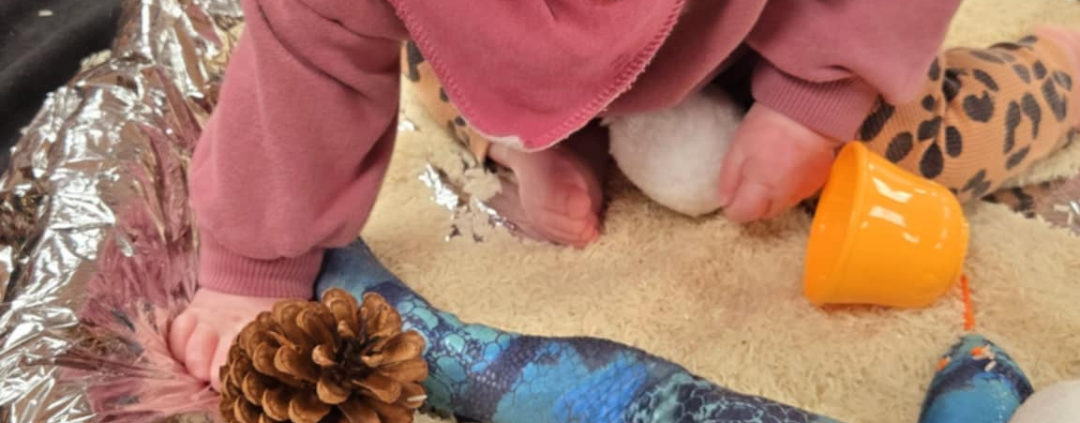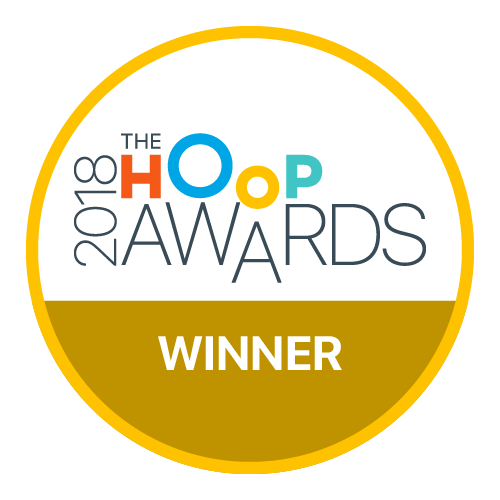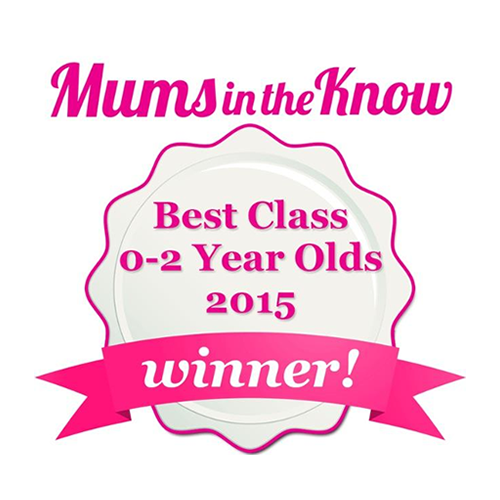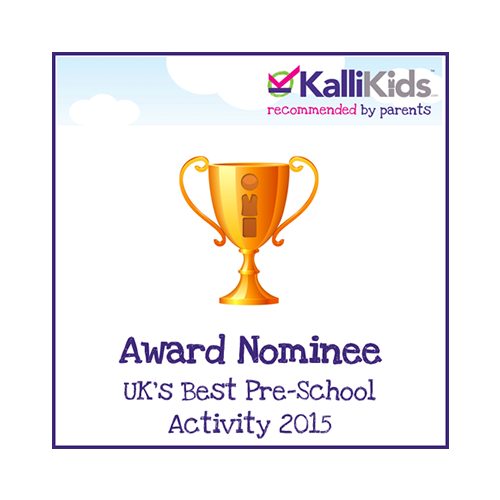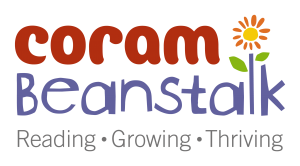Baby Motor Skills Development: Milestones, Movement and How to Help
Baby Motor Skills Development: Milestones, Movement and How to Help
When you’re watching your baby grow, every little movement feels like a huge achievement — that first roll, the way they reach for your hair (ouch), or their determination to grab a toy just out of reach. These adorable and exciting moments are all part of your baby’s motor skills development, and they’re more important than you might think.
But what exactly are baby motor skills? What’s the difference between fine motor and gross motor skills? And how can you support your baby as they hit these big (and small!) milestones?
Let’s break it down so you know what to expect, how to help, and how to enjoy every step — or wriggle — of the journey.
What Is Baby Motor Skills Development?
Baby motor skills development refers to how your baby learns to move and control their muscles — both the big ones and the small, fiddly ones.
-
Gross motor skills involve large movements like rolling, sitting, crawling, standing, and walking. These skills use the bigger muscle groups in the arms, legs, and core.
-
Fine motor skills are all about the smaller, more precise movements. Think of your baby grasping a toy, poking a button, turning book pages, or eventually feeding themselves.
Both types of motor skills are essential for your baby’s overall development — and they happen in stages, usually in a wonderfully wobbly, messy, and adorable order.
Gross Motor Skills Milestones
Here’s a rough guide to some of the gross motor milestones to look out for in your baby’s first year:
-
0–3 months: Lifts head during tummy time
-
4–6 months: Rolls over, pushes up on arms
-
6–8 months: Sits without support
-
7–10 months: Crawls or shuffles
-
9–12 months: Pulls up to stand, cruises on furniture
-
12+ months: May start walking
These milestones vary from baby to baby — and it’s totally normal for them to take their own path.
Fine Motor Skills Milestones
While your baby is learning the big stuff, they’re also working on the small but mighty fine motor skills:
-
0–3 months: Opens and closes hands, brings them to mouth
-
4–6 months: Reaches for toys, starts to grasp objects
-
6–9 months: Passes objects between hands
-
9–12 months: Uses pincer grip (thumb and forefinger), pokes and points
-
12+ months: Scribbles, turns pages, starts self-feeding
These skills are the foundation for everyday tasks later on — like feeding themselves, getting dressed, or writing.
How Can You Support Your Baby’s Motor Skills Development?
You don’t need fancy equipment or complicated routines. The best way to support baby motor skills development is through play and simple everyday activities:
For Gross Motor Skills:
-
Tummy time every day — from day one if possible!
-
Let them move freely on a soft mat or blanket
-
Encourage rolling with toys or fun sounds
-
Use sturdy furniture or baby-safe objects to support standing
-
Play peekaboo or rolling games to spark movement
For Fine Motor Skills:
-
Offer toys they can grab, shake, or squeeze
-
Read books with textures and flaps to lift
-
Use sensory play like water, sand, or textured materials
-
Let them try finger foods (mess = progress!)
-
Sing songs with finger actions like Incy Wincy Spider
Join an Adventure Babies Class for Sensory Motor Fun
At Adventure Babies, we design every class to support baby motor skills development through exciting, multi-sensory storytelling adventures.



We combine movement, music, sensory exploration and storytelling to give your baby everything they need to build strong bodies, curious minds, and a love of learning.
Plus, our classes are full of joy, community, and that famous Adventure Babies nap that often follows (you’re welcome).
Final Thoughts on Baby Motor Skills
Every stretch, reach, shuffle and grab your baby makes is more than just cute — it’s a stepping stone in their incredible development.
By offering them time, space, and playful opportunities to move and explore, you’re doing exactly what they need. And when in doubt? Join a class, make a mess, and enjoy the journey together.
Support your baby’s motor skills development — and have loads of fun doing it — at Adventure Babies. Book your class today!
